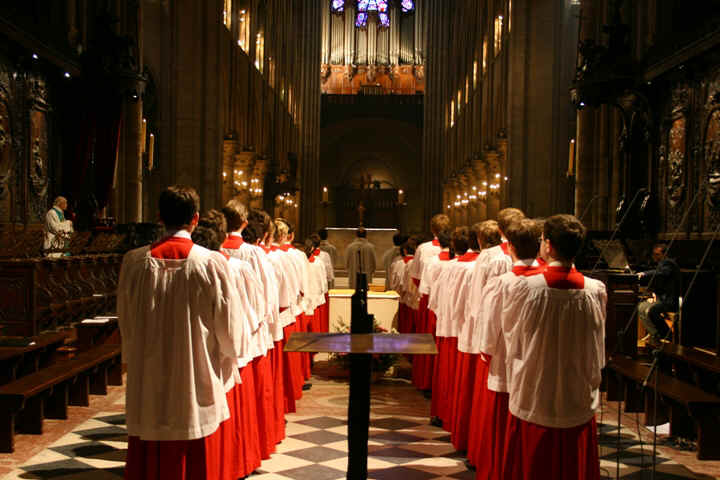
He Took Our Place
Therefore there is now no condemnation for those who are in Christ Jesus.
Rom. 8:1 NASB
Justifying grace is God’s undeserved, loving commitment to rescue us from his wrath and judgment. In Christ, God delivers us from sin and transports us into his loving kingdom of forgiveness. Justifying grace calls us to trust Jesus Christ as our Savior, the one who has taken all our sin and just judgment upon himself on the Cross.
Justification is his acceptance of us in the sight of God to be in right standing by the righteousness of Jesus Christ being accounted, credited, and positionally granted to us. To be credited as righteous is to be conferred the legal standing of Christ’s sinlessness making us free from the condemnation of sin, the fear of death, and the accusations of the devil. The imputed righteousness of Christ is a free gift; it cannot be earned. It can only be received from a grateful heart by faith alone.
The story is told of William Herschel. As a young boy he loved military music, and growing up in Hanover in Germany he joined a military band. When his nation went to war, he was one of those leading the military band. As a young man he was totally unprepared for the horrors of war, and the result was that before long he deserted his military unit and fled the battle scene during an intense period of fighting.
He fled to England, and began to pursue further training in both music and science. Thinking he was in the clear, he grew and prospered in his new country. In fact he made various scientific discoveries that made him famous, and he gained great renown for his musical abilities. However, after Herschel came to the British Isles, another Hanoverian also came to live there—George who in fact became the King of England. King George knew of Herschel’s past desertion of the army and summoned the great musician and scientist to appear before the royal court. Herschel went with fear and trembling, and when he arrived in the palace he was told to wait a considerable time in an ante-chamber to the throne room. Then finally, one of the King’s servants came to Herschel and handed him a document and told him to read it.
He opened it with fear, only to discover that it read ‘I George pardon you for your past offenses against our native land’. George had pronounced the verdict of no condemnation on William Herschel, and in fact the document went on to say that for his outstanding service to humankind as a musician and a scientist, he was now to become Sir William Herschel: he was to be knighted! He had gone from criminal to honored dignitary in an instance, quite apart from what he might have deserved according to German law (the penalty for desertion was death). Paul is saying that this is what God’s pronouncement of pardon does for all of us who accept it. It not only removes the source of alienation; it places us in a favored relationship with God.
Ben Witherington III, Grace in Galatia : A Commentary on St. Paul’s Letter to the Galatians (Grand Rapids, MI: Wm. B. Eerdmans Publishing Co., 1998), 195.








